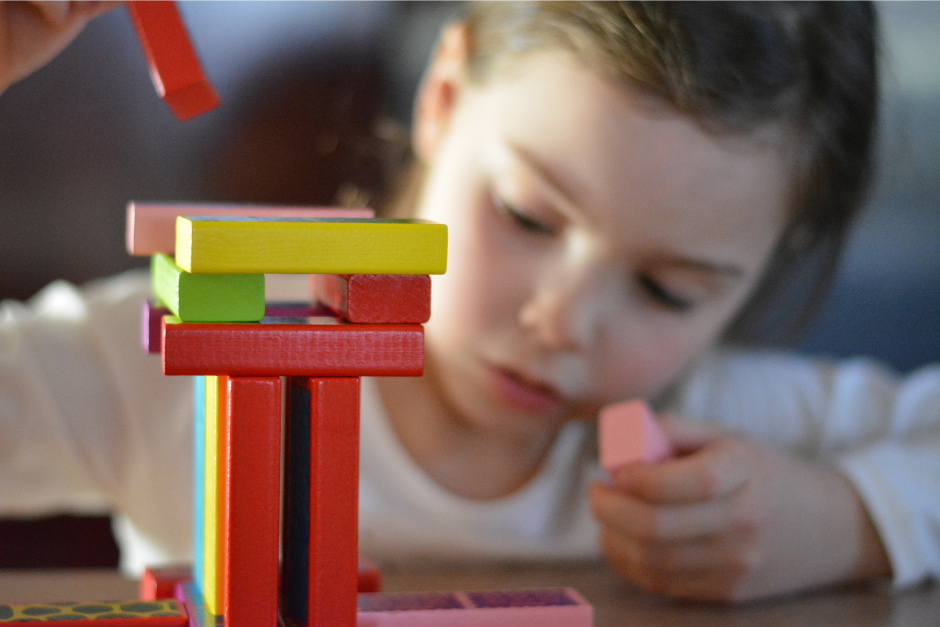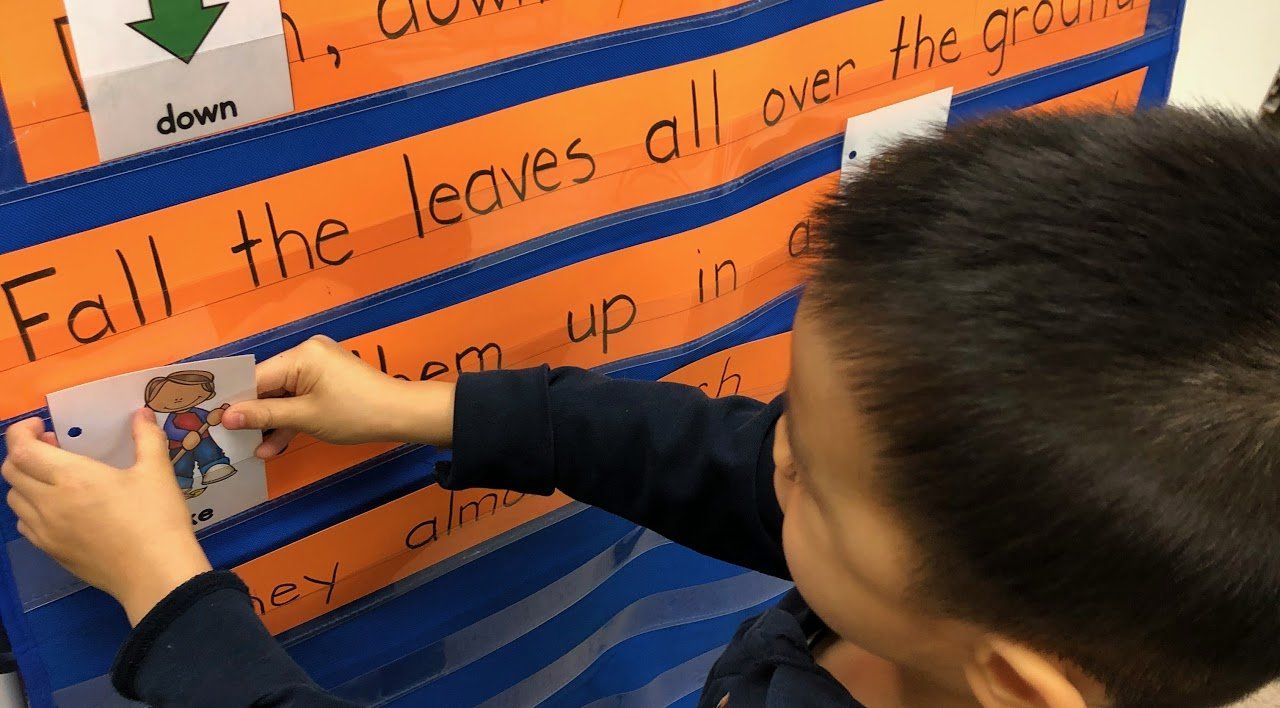5 Ways to Boost Your Child’s Math Skills
Math skills are really important. According to research, math skills entering kindergarten are the best predictor of future academic success, more so than reading skills, attention skills, or socio-emotional behaviors.

Math can be a daunting subject for some. But, since math is part of our everyday lives, this makes it easy for parents to talk about it with their children in ways that are fun, engaging and natural. The bonus is that this will give kids a head start in school success by helping them get comfortable with math concepts.
Here are five simple ways to add math to your child’s day:
1. Baking and Cooking Together
There are so many opportunities for math discussion in recipes - fractions, measuring, time, temperature, multiplying (doubling a recipe), and dividing (halving a recipe). Young children will enjoy counting out chocolate chips or blueberries. You can even introduce estimating: “How many chocolate chips do you think it will take to fill ½ cup?” Then count and see how close you are to the right answer. One bonus is the delicious reward at the end of this time together!
2. Measuring and counting fun
There are fun ways to incorporate measuring and counting in physical activities. “How far do you think you can throw a ball?” Throw and measure the distance then see if you can beat your record. “How many times can you jump rope or bounce a ball without missing?” Count and see. Kids love stopwatches, so time how long it takes to do a certain activity. “How many jumping jacks do you think you can do in 1 minute?” A fun game is to guess how long 10 seconds is. Start the stopwatch, do not look at it, then count in your head and stop it when you think 10 seconds is up.
3. Build something
Kids love to be creative with Lego or other building toys, or outdoors with wood and nails. This is a fun way to incorporate numbers, measuring, shapes and spatial thinking. “How many Lego blocks do you need to create a tower as high as the chair?” or “What can you build with 50 Lego blocks? What about 100?”
4. Plan a party together
There are plenty of math concepts involved when you plan a party or family dinner (or even a tea party for your stuffed animals!). Count how many people are coming and count out the right number of plates, napkins, and silverware. Take them shopping and help them figure out how many packages you need of various party items. Things are packaged in different quantities so there will be some math to do! “We have 10 guests coming to the party and the plates come in packs of 8. How many packs do we need? How many will be left over?”
5. Bedtime stories
Many families read to their children at night. Why not add a math problem to solve? If you need some suggestions, Bedtimemath.org sends parents a fun, new math problem every day, on everything from electric eels and chocolate chips to roller coasters and flamingoes. Targeted for kids ages 3-9, it begins with a short, fun set-up story, followed by three math problems at three levels of challenge.
There are so many ways to keep kids thinking about math and transform your home into a math-loving household. The important thing is to encourage your child to see the numbers all around us and to keep it fun. It also provides an opportunity to see how the mathematical structure of the world (the order and pattern of things) points towards God's existence and beauty. The understanding of math drives should drive us to worship God more deeply.








